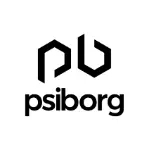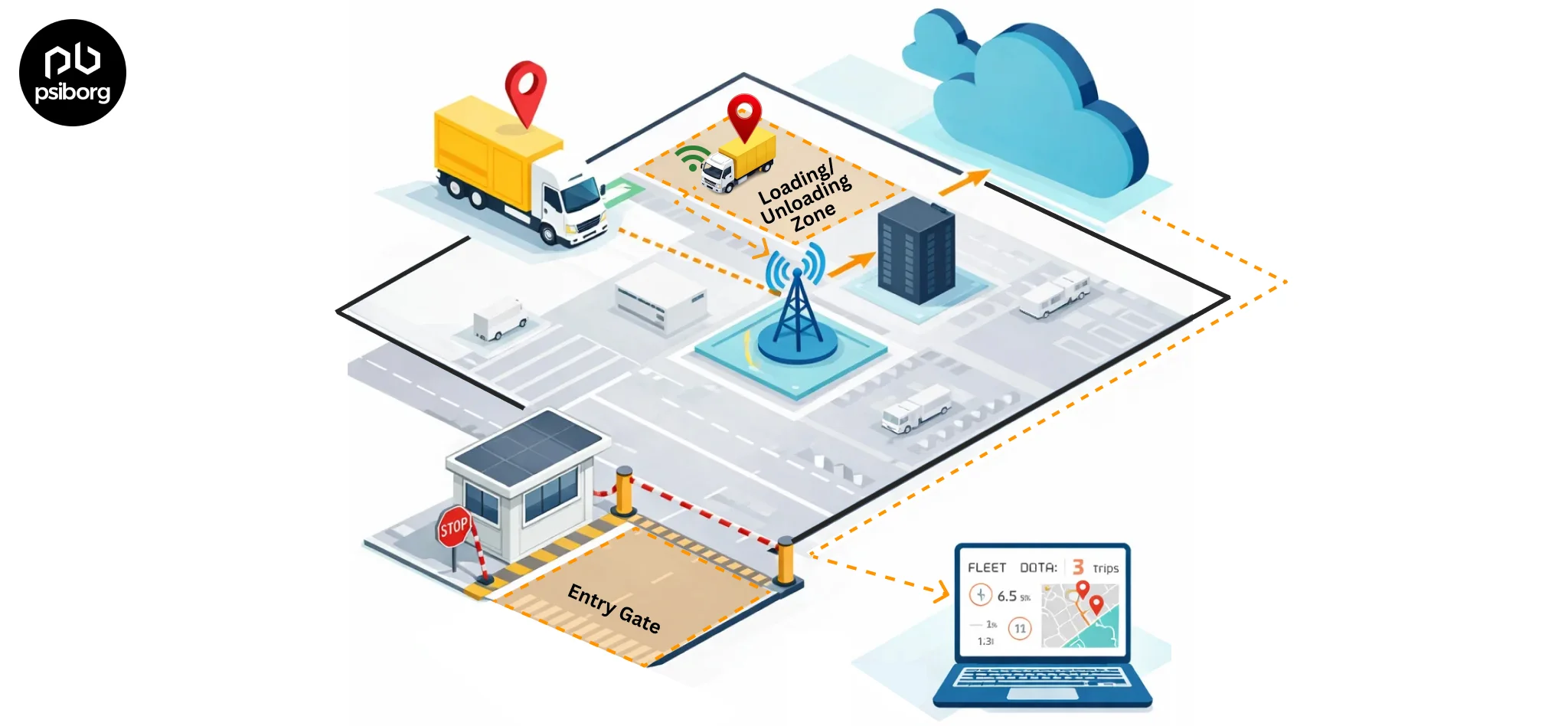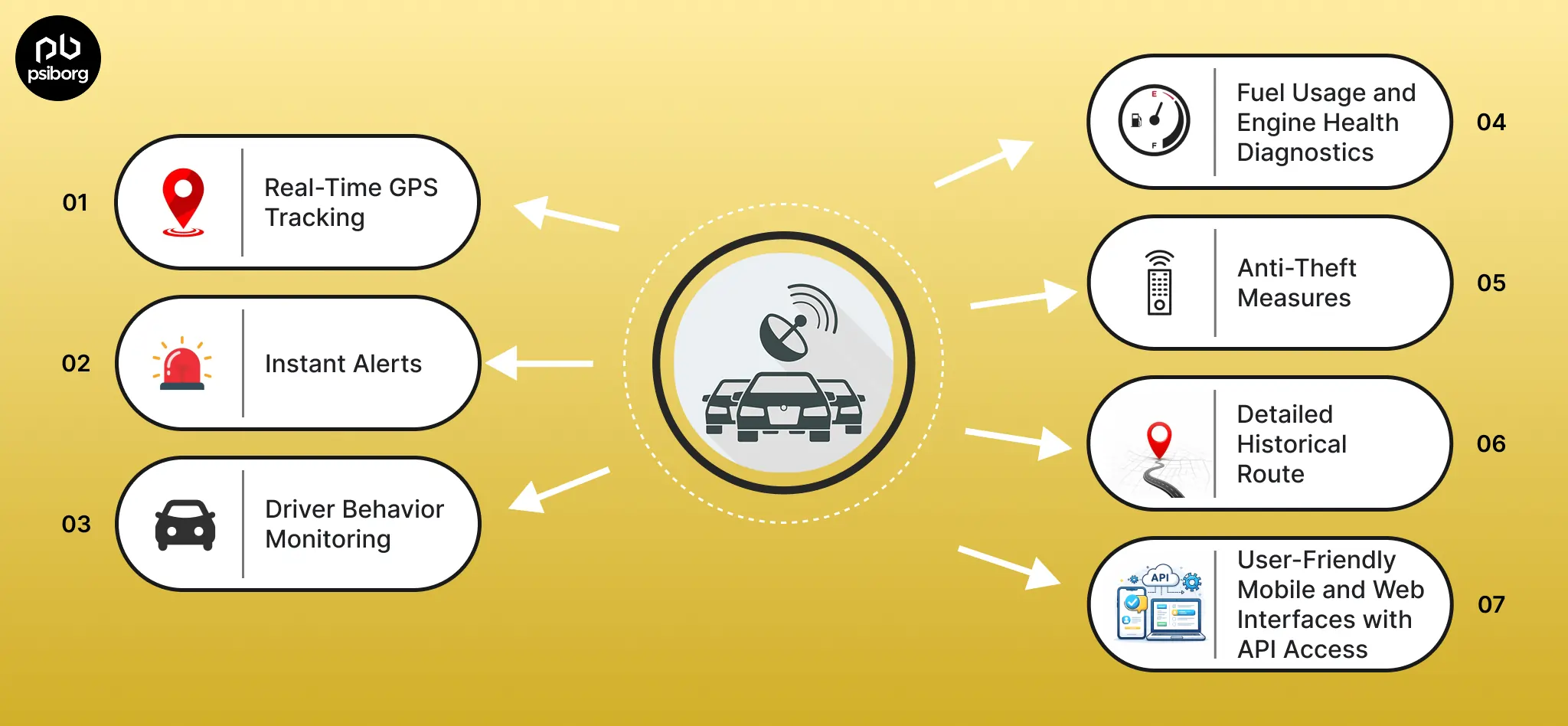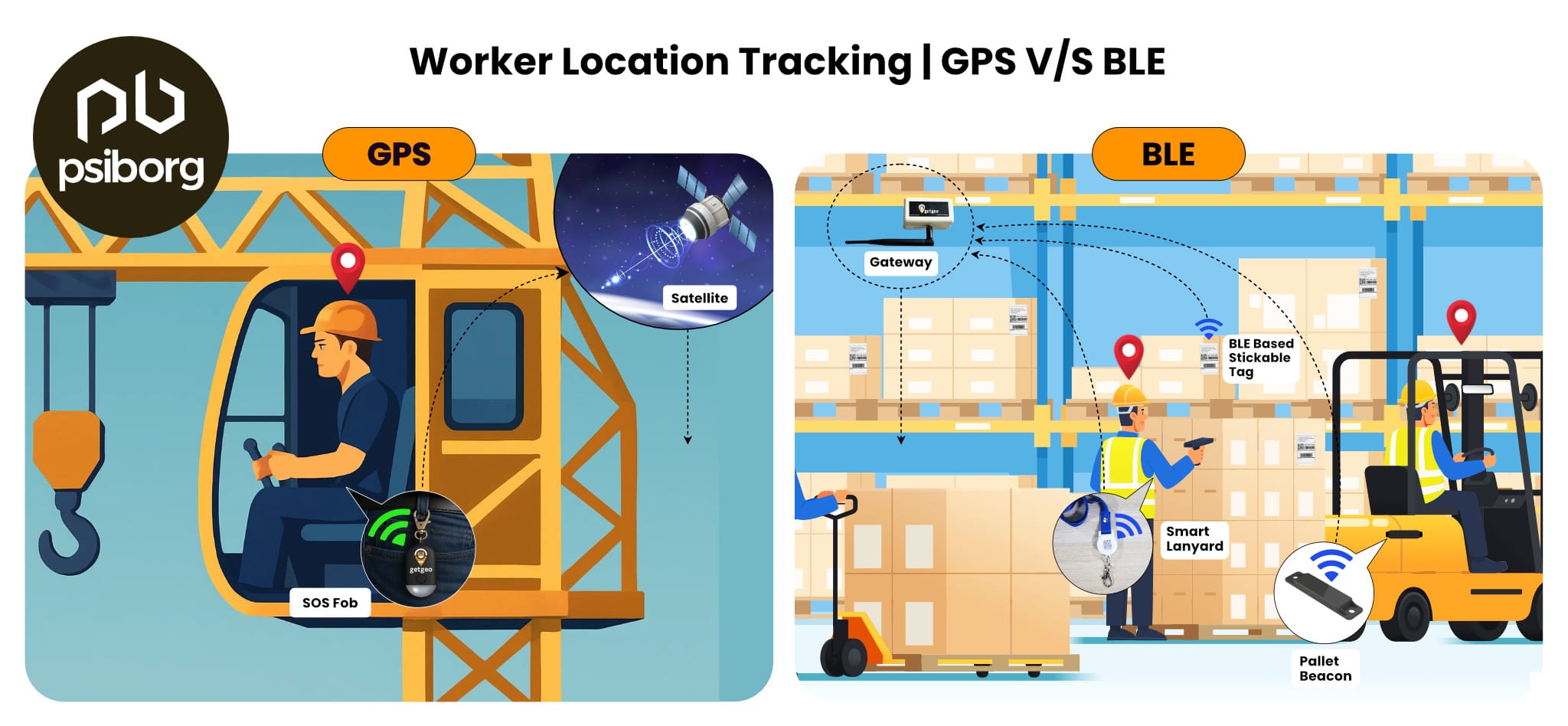IoT based smart home automation system or domotics is building automation for a home called a smart home or smart house. An IoT based home automation system will monitor and/or control home attributes such as lighting, climate, entertainment systems, and appliances. It may also include home security such as access control and alarm systems. When connected to the Internet, home devices are an essential constituent of the Internet of Things (“IoT”). For example, you can put your lights on schedule so that they turn off when you usually go to sleep, or you can have your thermostat turn the A/C ON about an hour before you return from work. Nevertheless, IoT home automation makes life more convenient and can even save you money on heating, cooling, and electricity bills.
Home automation can lead to greater safety with IoT devices like security cameras and sensing systems etc. But hold on; what are IoT devices in Home Automation?
IOT IN HOME AUTOMATION
The Internet of Things, commonly known as IoT, refers to any device that’s connected to the Internet that isn’t normally; for example, a smart light bulb that you can turn on and off via an app. The devices/appliances involved in home automation are IoT devices, which can be automated to trigger one another. So while IoT refers to the devices themselves, home automation is what you can do with IoT devices to make your life just a tad bit easier.
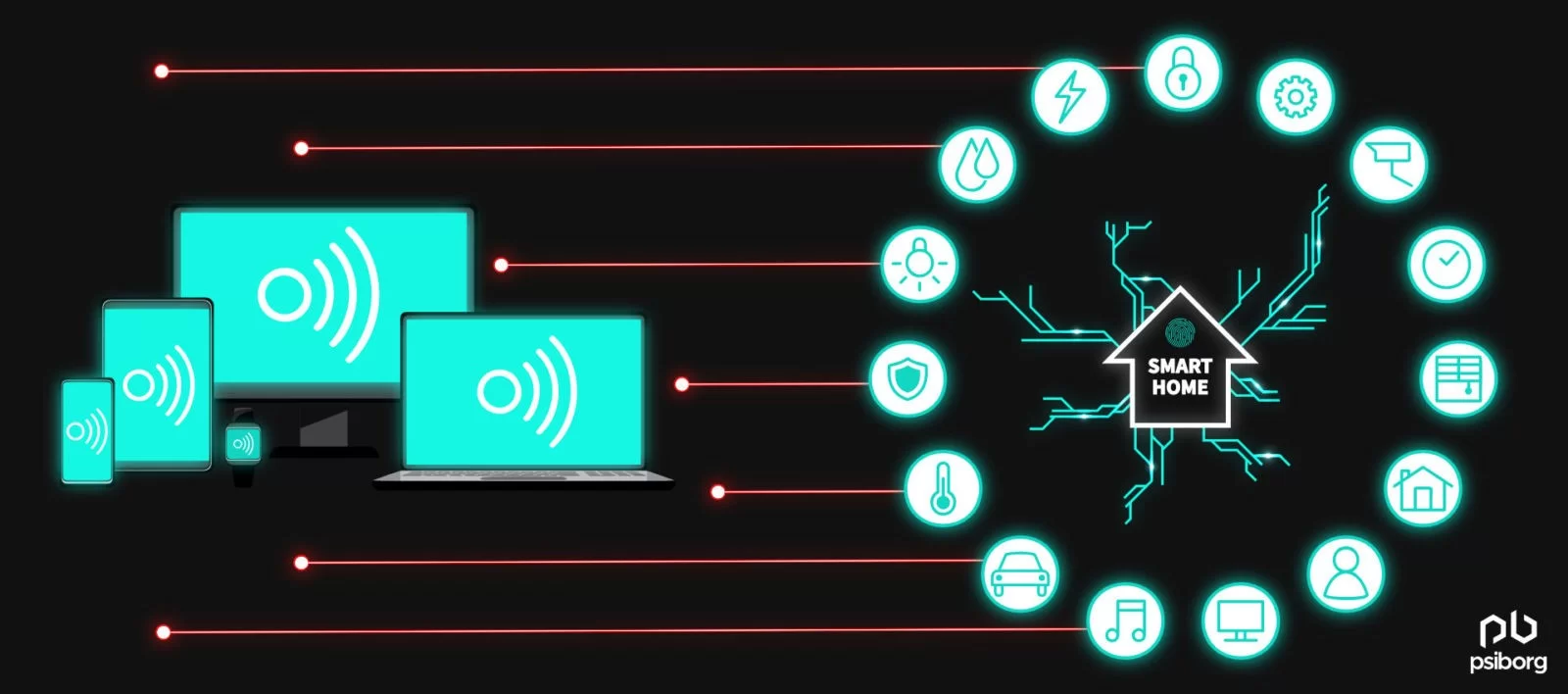
HOW DOES HOME AUTOMATION WORK?
IoT based smart home automation system works via a network of devices that are connected to the Internet through different communication protocols, i.e. Wi-Fi, Bluetooth, LPWAN, and others. The devices can be managed remotely through Mobile apps or web panels, IoT dashboard , or a voice assistant like Alexa or Google Home.
In addition, many of these IoT devices have sensors that monitor changes in motion, temperature, and light so the user can gain information about the device’s surroundings. To make physical changes to the device, the user or sensors can trigger actuators or physical mechanisms like light switches, motorized valves, or motors that allow devices to be controlled remotely. There can be many features in a Home Automation App.
There are three distinct levels of IoT based home automation.
- Monitoring
- Control
- Automation
MONITORING YOUR HOUSE
The ability to view the status of systems i.e
- What is the temperature?
- Is the door locked?
- Is The Light on or off?
CONTROL OF VARIOUS HOME APPLIANCES
Its the ability to change the state of a system for instance:
- Controlling HVAC using IoT,
- Turn ON the heater or Air conditioner.
- Lock the Door.
- Turning the light on or off.
AUTOMATION AND SCHEDULING OF APPLIANCES
The ability to change the state of a system automatically in response to an event. i.e.
- Turn on the heating if the outside temperature falls below a certain temperature.
- Turn the lights off when no one is at home.
SMART HOME – AUTOMATION SYSTEM COMPONENTS
A smart home automation system using IoT will consist of
- End Devices like switches, sensors, lights, locks, etc.
- Connection devices like hubs and Gateways.
- A Network or networks e.g. Wi-Fi, Zigbee, LPWAN, etc.
- Internet connection – may be optional
ROLE OF IOT IN HOME AUTOMATION
The IoT based Home Automation will enable the user to use a Home Automation System based on the Internet of Things (IoT). Modern homes are automated through the internet and home appliances are controlled. The user commands over the internet will be obtained by the Wi-Fi modems. The Microcontroller has an interface with this modem. The system status is displayed through the LCD, along with the system data.
This is a typical smart Home Automation system, for controlling all your home appliances. The smart home system using IoT market is taking off as IoT device prices come down and the general public comes to understand the benefits of these products. After smart homes, the next logical step is smart cities, which would take the IoT to the next level. Still, smart homes are just one small part of our daily lives that the Internet of Things will transform in the coming years.
Know about various sensors used in Home Security.
IOT HOME AUTOMATION: GETTING STARTED
Smart home systems using IoT have three major parts:
- Hardware
- Backend & User Application
- Communication protocol
Each of these parts is equally important in building a truly smart home experience for your customers. Moreover, having the right hardware enables the ability to develop your IoT prototype iteratively and respond to technology pivots with ease.
The protocol selected with the right testing and careful consideration helps you to avoid performance bottlenecks that otherwise would restrict technology and device integration capabilities with sensors and IoT gateways.
Another important consideration is the firmware that resides in your hardware managing your data, managing data transfer, firmware OTA updates, and performing other critical operations to make things talk.
Suggested Reading: SMART IOT SOLUTION
IOT BASED HOME AUTOMATION COMPONENTS
We have talked about them before, but let’s separate our components that will finally help you build a realistic model of what significant components are involved in building a smart home. So, the major components can be broken into:
- IoT sensors
- IoT gateways
- IoT protocols
- IoT firmware
- IoT cloud and databases
- IoT Application
Sensors involved in an IoT based smart home automation system are thousands.
The biggest players in the IoT cloud can be divided into a platform-as-a-service (PaaS) and infrastructure-as-a-service (IaaS).
Major IoT PaaS providers
- AWS IoT
- Azure IoT
- Thingworx
- Ubidots
- Thingspeak
- Carriots
- Kontakt
- Tempoiq
- Xively
- IBM bluemix

CHARACTERISTICS OF IOT PLATFORMS
Again, these platforms are extremely divided over the IoT application and security-related features that they provide. A few of these platforms are open source.
Let’s have a look at what you should expect from a typical IoT platform:
- Device security and authentication
- Message brokers and message queuing
- Device Administration
- Support towards protocols like CoAP, MQTT, and HTTP
- Data collection, visualization, and simple analysis capabilities
- Integrability with other web services
- Horizontal and vertical scalability
- WebSocket APIs for real-time information flow
Also Read: BUILDING MANAGEMENT SYSTEM and What is Home Automation?
A Little about what we do at PsiBorg,
We are the top IoT Startup in India that offers IoT in home automation and security. At PsiBorg, we have a team of young and energetic electronics design engineers, firmware, and software developers smartly collaborating to create next-to-perfect products in all aspects.
Moreover, we have created a wide range of Home automation applications and security products for our clients. So, if you are looking for a team to build your idea into a product, then you are at the right place to kick-start.
FAQ
Some of the regularly used home automation IoT examples are lighting control, smart home appliances, smart security cameras, home air quality monitoring systems, automatic doors and windows, and video doorbells.
Yes, by connecting these devices to the internet, we can access and control them remotely using our smartphones, tablets, or computers. Also, to access IoT devices remotely, you will need an IoT remote access tool that will establish communication with the devices over a network.
An IoT based smart home automation system is designed to conserve energy. For instance, the smart lighting system in a smart home automatically turns off when not in use in order to reduce electricity consumption. Furthermore, there are IoT thermostats that learn your preferences and adjust the temperature accordingly.
